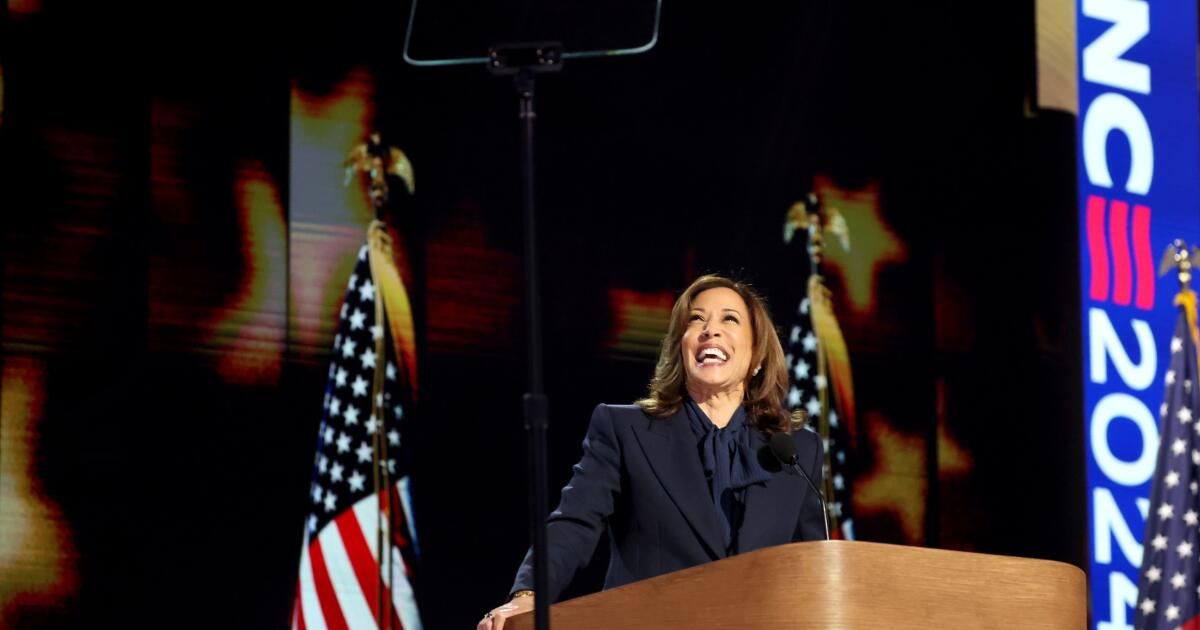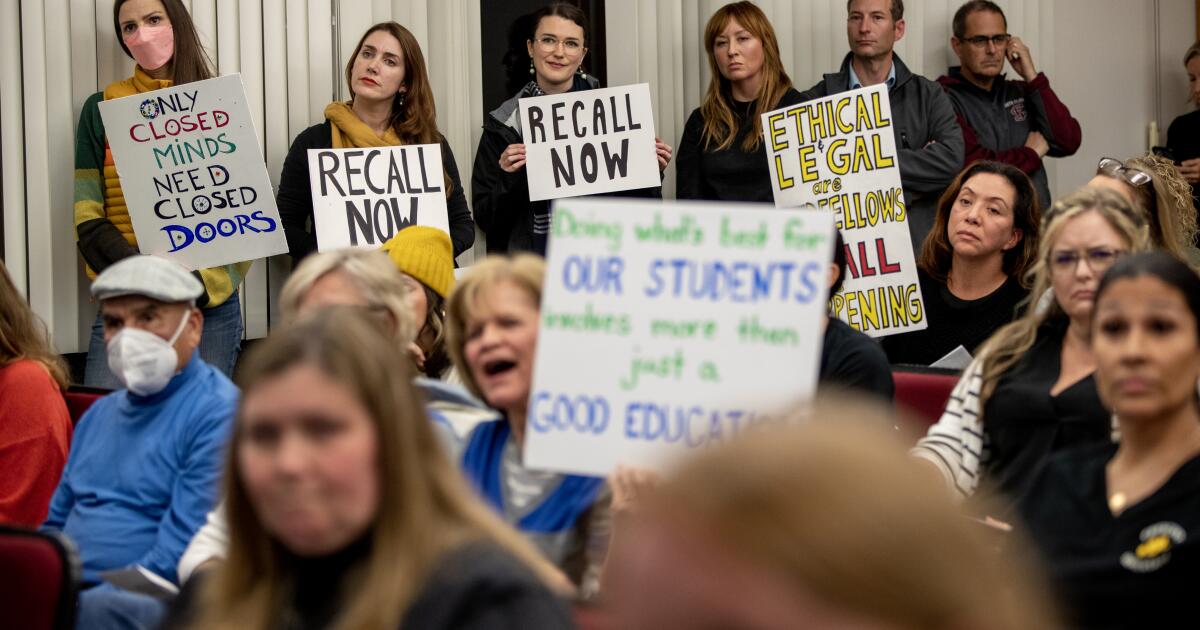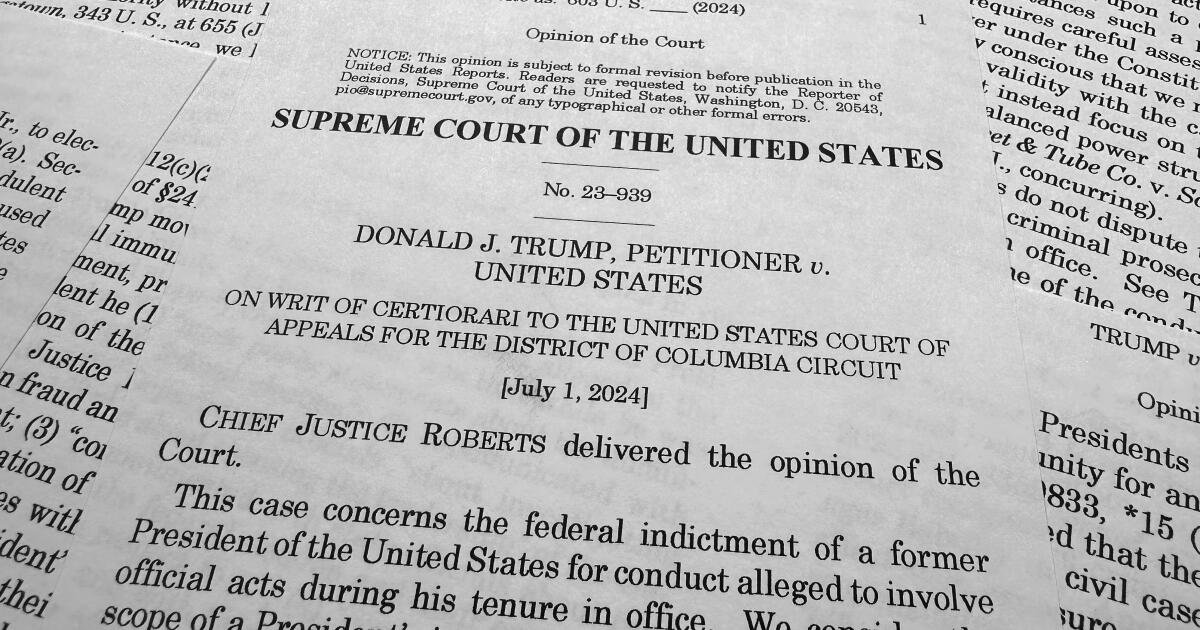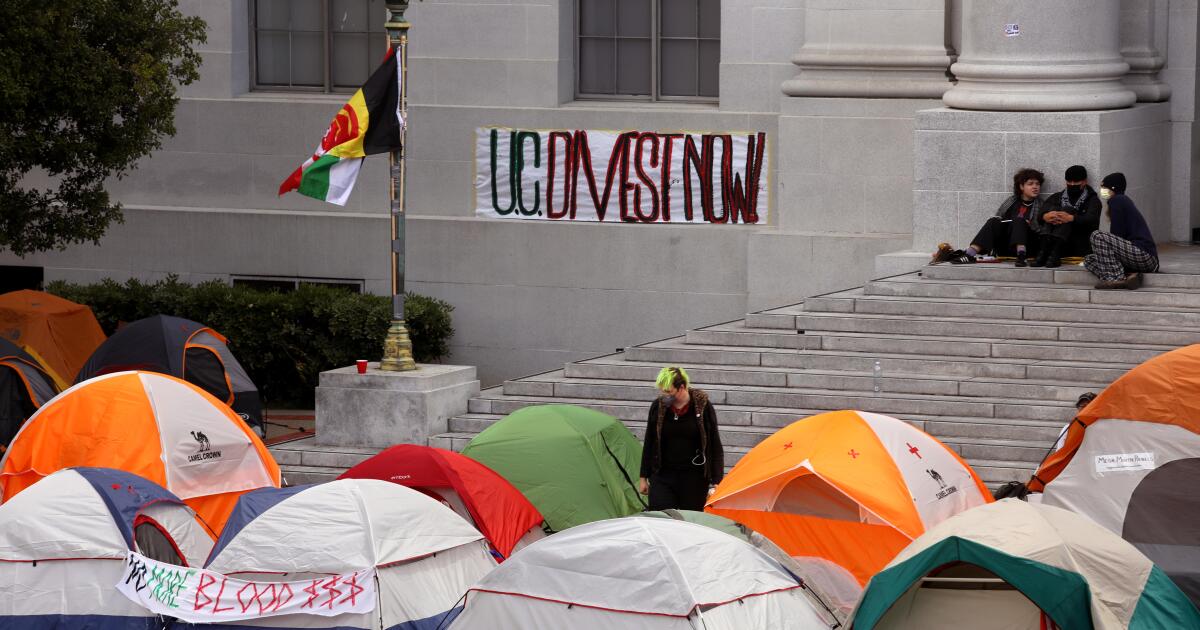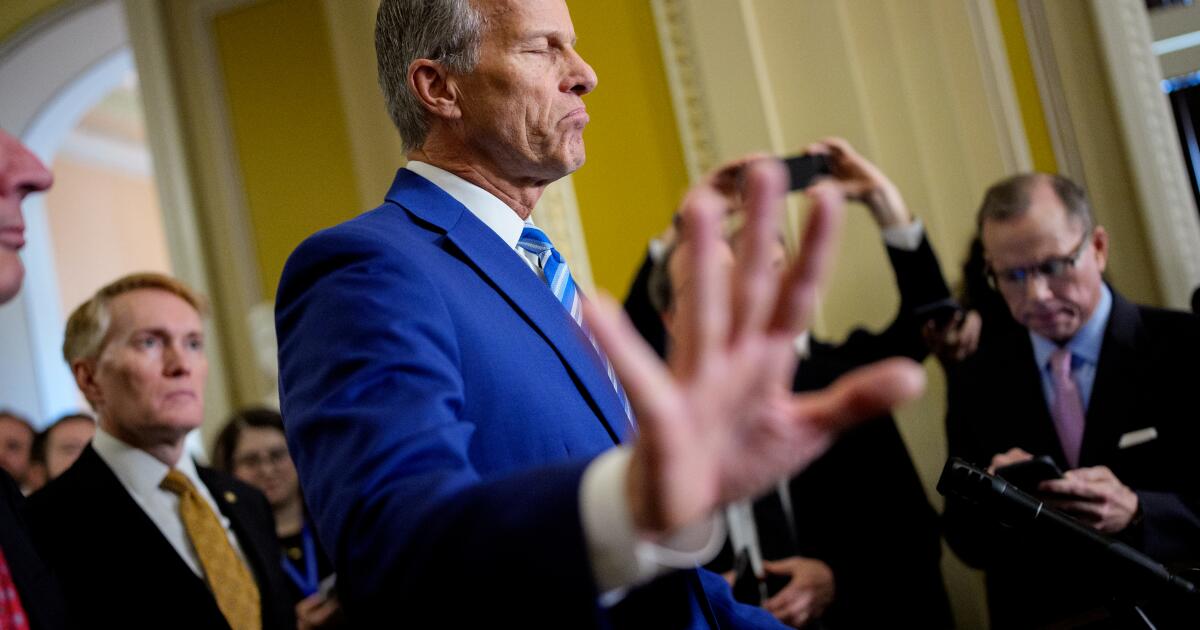In her acceptance speech for the Democratic presidential nomination on Thursday, Vice President Kamala Harris delivered a withering critique of her opponent that could make an argument for her candidacy. Donald J. Trump, she rightly observed, is in many ways “an unserious man,” but the consequences of his return to the White House “are extremely serious.”
He asked his audience to “consider the power he will have, especially after the U.S. Supreme Court just ruled that he will be immune from criminal prosecution. Imagine Donald Trump without restraints and how he would use the immense powers of the U.S. presidency. Not to improve your lives, not to strengthen our national security, but to serve the only client he has ever had: himself.”
She introduced herself to voters who might not know her personal story and spoke of “a new path forward. Not as members of a particular party or faction, but as Americans.” Harris did not focus on the fact that her election would mean elevating a woman of Black and Indian descent to the highest office in the land — a milestone for a country with a long history of excluding women and racial minorities from political power.
But now that the Democratic National Convention is over, Harris begins the hard work. She must do more than repeat that Trump is unfit. She must show the American people that she would do more to improve their lives and livelihoods. She must demonstrate her vision for the country and convince voters that she is ready to be a “president for all Americans.”
She proved she is up to the task with her commanding performance, which belied Trump’s childish accusation that Harris was “a person of low IQ” and conveyed a seriousness that Americans have come to expect from their president.
Harris was especially forceful, pledging that as commander-in-chief she would ensure that “America always has the most powerful and lethal fighting force in the world.” In a well-deserved dig at Trump, she added: “I will uphold our sacred obligation to care for our troops and their families, and I will always honor and never belittle their sacrifice.”
On the Gaza war, Harris said she “will always defend Israel’s right to defend itself and will always ensure that Israel has the ability to defend itself” and noted that she and President Biden are “working around the clock” to secure a ceasefire and the return of the hostages.
But she also said that “what has happened in Gaza over the last 10 months is devastating.” Significantly, she added that she and Biden were seeking an outcome that would allow the Palestinian people “to realize their right to dignity, security, freedom and self-determination.” Her comments may not have been up to what some anti-war activists would have wished, but they signaled a sensitivity to Palestinian lives that is all too rare in Washington.
Harris also promised to revive a bipartisan border security bill that Trump sabotaged and sign a bill to restore reproductive freedom and reverse the effect of the Supreme Court’s decision to overturn Roe v. Wade. Trump, of course, boasted that because of his three court appointments, “I was able to overturn Roe v. Wade.” Finally, Harris promised that “building that middle class will be a defining goal of my presidency.”
As this compressed campaign continues, Harris will be under pressure to provide additional details about her policies. She must also — and we are confident she will — hold press conferences and interviews that allow her to outline her agenda. A televised debate with Trump on September 10 will also offer her the opportunity to use her fiscal persuasion skills to contrast her vision for the country with that of the former president (such as it is).
But the challenge posed by Harris’s acceptance speech was to present herself to a national audience as a competent and committed leader who, unlike her unsavory opponent, can be trusted with the presidency. By that measure, the speech was a resounding success.

